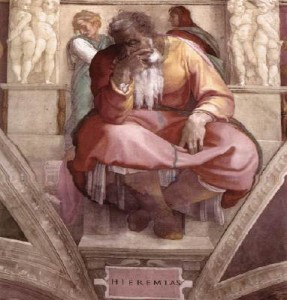Isaiah 42:1-9
This text is used for the Lectionary Year A on January 8th, 2017.
 The structure of the passage is quite succinct and clear. The first half (vv. 1-4), God was speaking directly to the servant. In so doing, God affirmed the servant by declaring him as being approved and empowered. God even foretold of the servant’s future success. Verse 5 is a transition that will lead to God speaking directly to the servant. In the remainder of the passage God turned His attention to the servant (vv. 6-9), He affirmed and reassured the servant had been commissioned and empowered by God to accomplish the task for which he had been called.
The structure of the passage is quite succinct and clear. The first half (vv. 1-4), God was speaking directly to the servant. In so doing, God affirmed the servant by declaring him as being approved and empowered. God even foretold of the servant’s future success. Verse 5 is a transition that will lead to God speaking directly to the servant. In the remainder of the passage God turned His attention to the servant (vv. 6-9), He affirmed and reassured the servant had been commissioned and empowered by God to accomplish the task for which he had been called.
This servant’s method was much different from that of the kings of the day. The servant would not complain and “shout or cry out” (v. 2) when the responsibility became overly difficult and burdensome. Neither would this servant treat those who were considered less or disadvantaged – the “bruised reed” and “smoldering wick” (v. 3) – as objects to be discarded. No, this servant would be in great contrast of the kings; Cyrus, Josiah or Jehoiakim, of the servant’s day.

